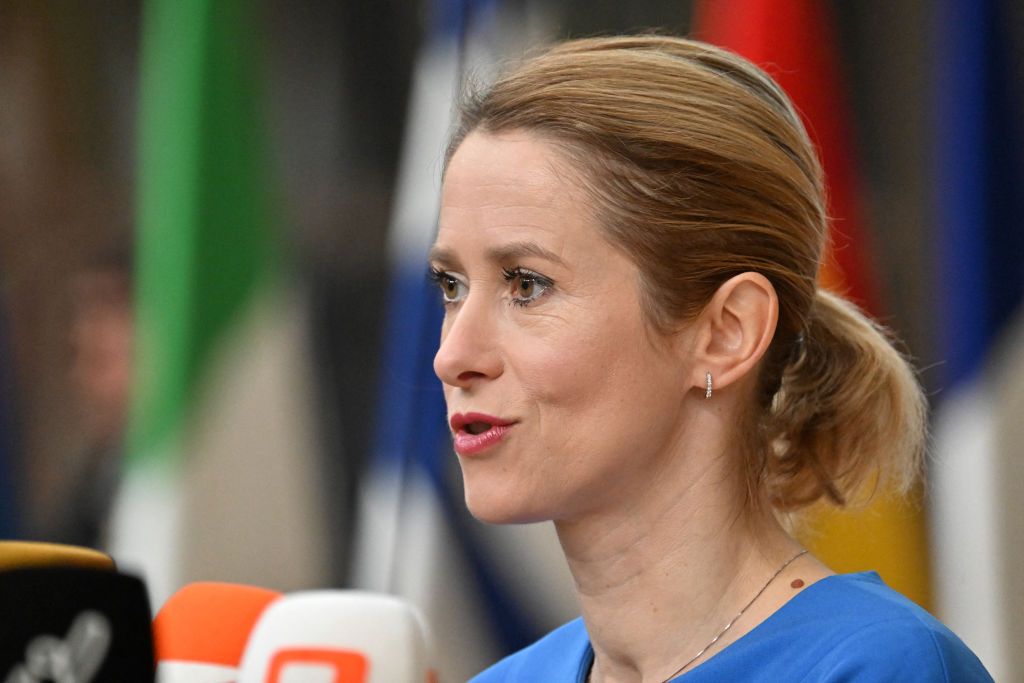Russia adds more politicians from Baltics, Poland to its list of wanted persons

Russia's Internal Affairs Ministry has added a number of former and current officials from Baltic countries and Poland to its list of wanted persons, Russian media reported on May 16. The charges relate to allegations that the officials were responsible for the destruction or damage to monuments to the Red Army.
Russia has previously added many high-ranking Western officials to its wanted list, such as Estonian Prime Minister Kaja Kallas, many of whom are accused of dismantling monuments to Soviet soldiers.
President Volodymyr Zelensky was also added to the list earlier in May, but the entry was subsequently taken down.
The new additions include Elmar Vaher, the former chief of Estonia's Police and Border Guard, former Estonian Foreign Minister Urmas Reinsalu, and other current lawmakers and local politicians from the Baltics and Poland.
The process of decommunization in former Soviet and Warsaw Pact countries has been ongoing since the collapse of the Soviet Union, but has intensified since the beginning of Russia's full-scale war against Ukraine.
The Ukrainian parliament outlawed most Soviet and communist symbols, street names, and moments in 2015 as part of the decommunization process. Monuments around the country have since come down or been changed, although the sheer number of Soviet-era statues and symbols has prolonged the completion of the project.
Lviv Oblast Governor Maksym Kozytskyi said in January that the oblast had become the first to complete the process of decommunization.














